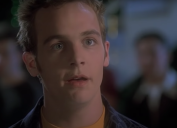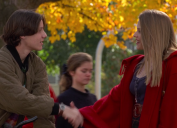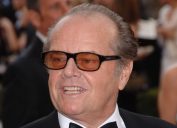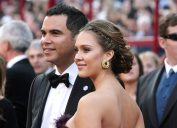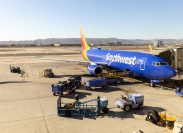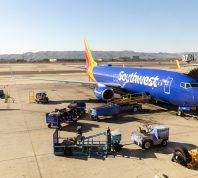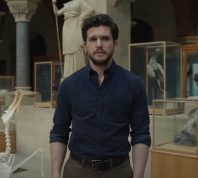Jack Nicholson Was Actually High Filming a Key Scene in This Classic Movie
"I smoked about 155 joints," he later claimed.
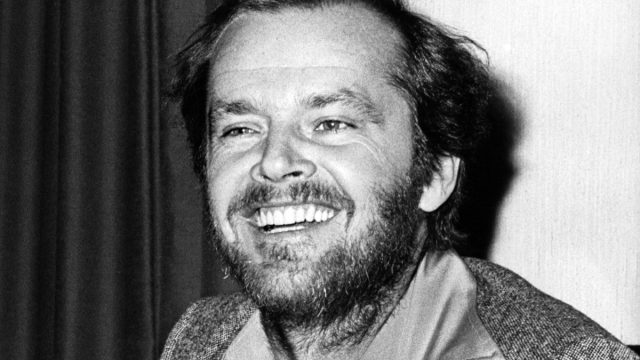
Jack Nicholson is a self-proclaimed master of the famed Method acting technique, which trains performers to not just take on a role, but fully embody a character in thought, word, and deed. "There's probably no one who understands Method acting better academically than I do, or actually uses it more in his work," the three-time Academy Award winner told Esquire in 2007. In one of his most famous early performances, Nicholson went beyond even the demands of the Method. Read on to find out which classic movie scene the actor was actually high for, and what he remembers about the experience.
READ THIS NEXT: This '90s Teen Idol Was So High While Filming, He Can't Remember His Movie's Plot.
Easy Rider represented the counterculture movement of the 1960s.
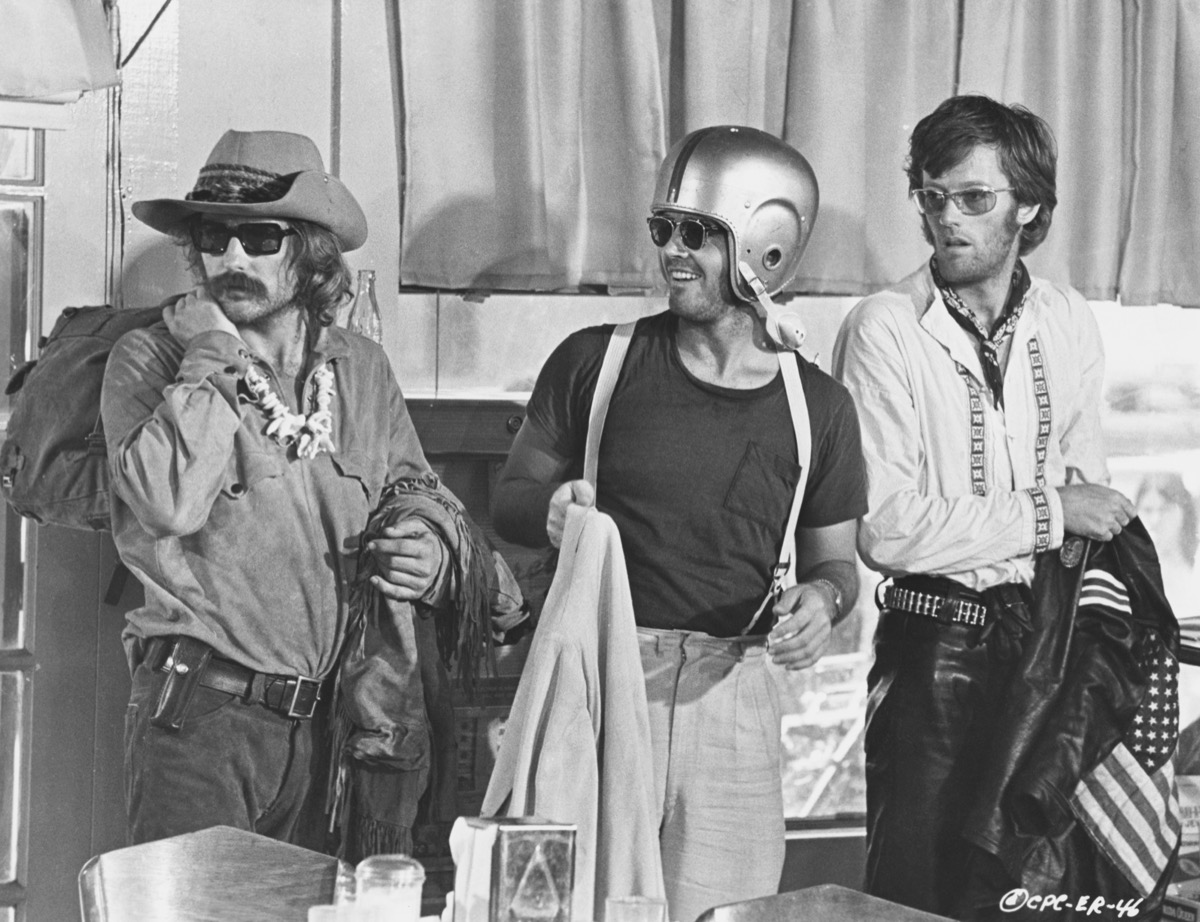
The 1969 drama Easy Rider follows two motorcycle-riding cultural rebels played by Peter Fonda and Dennis Hopper (who also directed), who smuggle drugs and use the profits to set off on a hedonistic road trip across the American southwest that's fueled as much by pot and LSD as it is by gasoline. Nicholson plays George Hanson, a lawyer who spends a night with the duo in the drunk tank and is quickly convinced to follow them on their freewheeling journey, much to his detriment.
Given the film's subject matter and the circumstances of its production, which took place outside the studio system and smack in the middle of the 1960s counterculture movement, it comes as no surprise that things got a little wild on the set.
The drugs weren't just fictional.
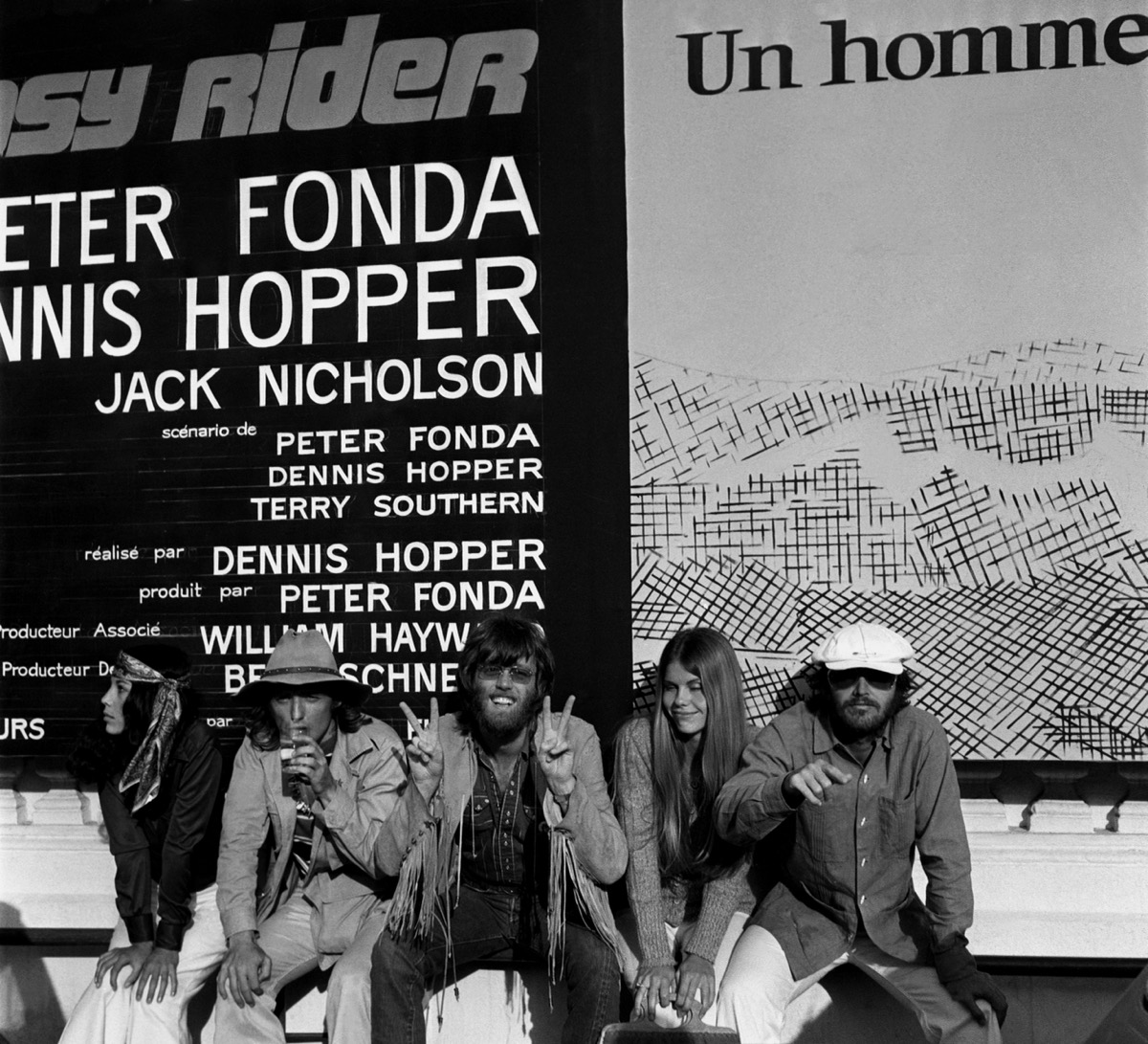
"There were a lot of drugs around the set. There's no secret about that," said cinematographer László Kovács in an oral history of the film's production.
"Everyone had their drug of choice on Easy Rider," Fonda concurred. For Hopper, that was alcohol. "I smoked a little, but it wasn't my drug of choice for acting," he said. "I was more of a drinker in those days. I could control the drinking. The smoking made me too paranoid."
And while Fonda said some members of the favored acid, Nicholson smoked joints, just like his character George. Granted, Nicholson wasn't quite as much of a neophyte as his fictional counterpart, who takes his first toke only reluctantly during the film's famed campfire scene.
"I smoked about 155 joints [during shooting]," the actor told Time in 1970, discussing the filming of his favorite scene. "Keeping it all in mind stoned, and playing the scene straight and then becoming stoned—it was fantastic." He later admitted that the "155" claim was "a little exaggerated."
"It was so amazing when we were shooting that campfire scene how much Jack was in control. He was so stoned, but he was so great. He remembered every word," Kovács said.
The original cut of the movie left out Nicholson's monologue.
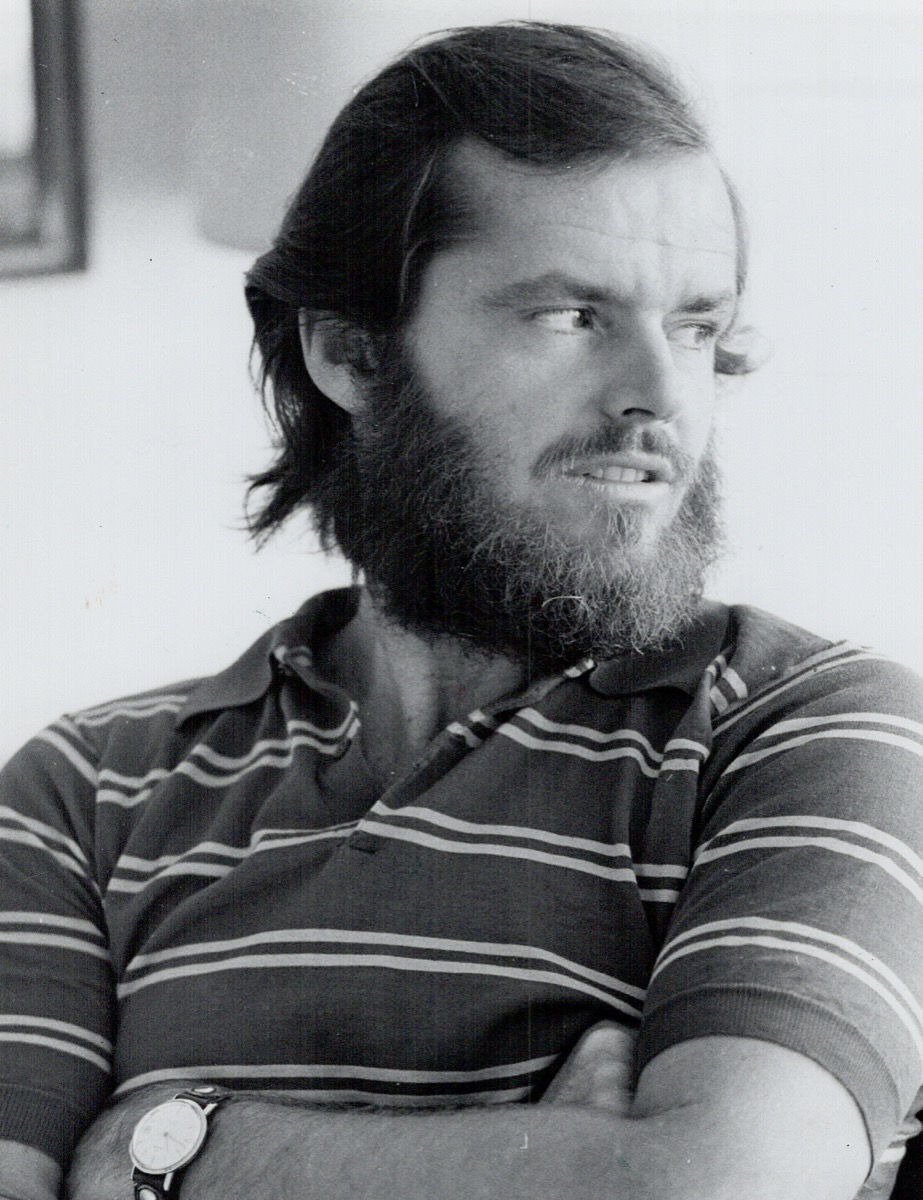
George's stoned musings on space aliens were largely absent from the original three-hour cut of the film, assembled by Hopper. Fortunately, Hopper was sent packing after a whopping 22 weeks in the editing studio as Fonda, Nicholson, editor Henry Jaglom, and others took on the task of shaving the film down to 96 minutes. While much of the work involved editing out a dozen or so motorcycle rides (the original cut had 20), they also made sure all of George's ramblings were added back in.
"It had been cut in such a way that Peter had nothing to [say], Jack had very little," Jaglom told The Hollywood Reporter in 2019 of the campfire scene. "It was Dennis talking endlessly. I said to [producer] Bert [Schneider], 'Is there more material on Jack?'" The editor called that footage "magnificent." He added, "It was the magic of the film as far as I am concerned."
The film turned Nicholson into a major star.
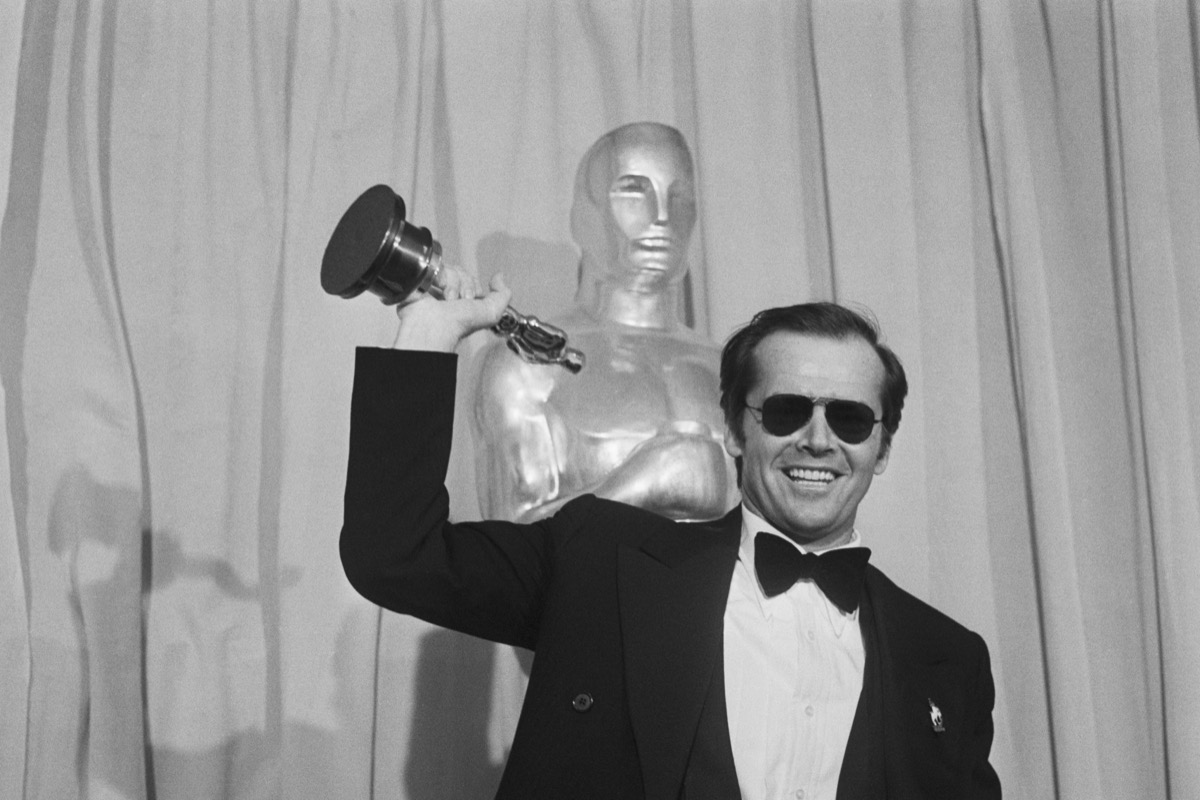
Easy Rider would kickstart a new era in Hollywood and win Hopper an award for Best First Work and a nomination for the Palme d'Or at the Cannes Film Festival. For his part, Nicholson earned his first Oscar nomination for the role and was invited by producer Bert Schneider to direct a film (1971's Drive, He Said) based on its success. He would soon go on to act opposite Barbra Streisand in On a Clear Day You Can See Forever before starring in Five Easy Pieces and several decades' worth of other notable roles in films, including One Flew Over the Cuckoo's Nest (his first Oscar win), The Shining, Chinatown, and Batman.
Jaglom told THR that the actor felt Easy Rider had had a profound impact on his life. "He said, 'I do not know who I would be or what I would have done in this world if it hadn't been for this strange event where I got hired to work for seven or eight weeks,'" the editor recalled.
It wouldn't be Nicholson's last time indulging on film.
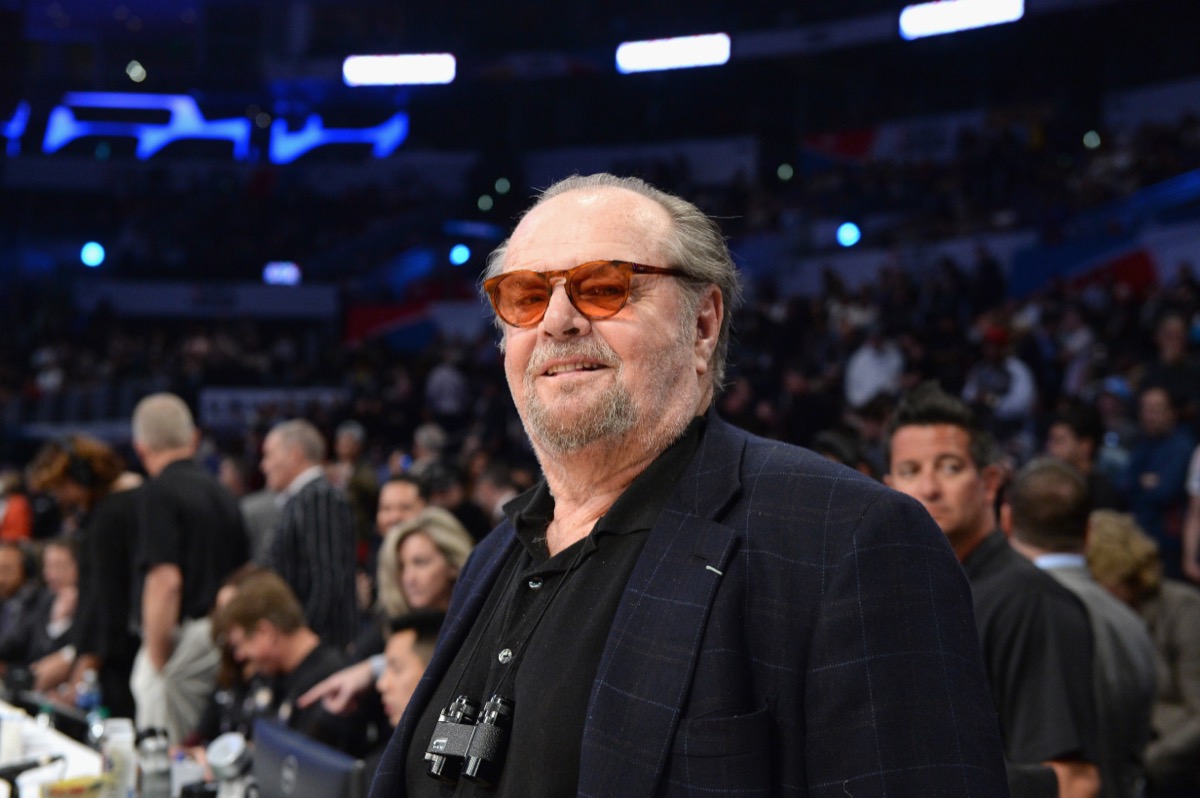
Along with an unparalleled filmography built across the the decades following the release of Easy Rider, Nicholson developed a reputation for wild parties, womanizing, and more substances (reportedly at one point featuring "an oppulent cocaine pyramid, pointing skyward in a help-yourself bowl" in his Los Angeles home, according to the book The Big Goodbye: Chinatown and the Last Years of Hollywood).
"I still love to get high, I'd say, about four days a week. I think that's about average for an American," a 43-year-old Nicholson winked to People in 1980, noting that he clearly didn't care for "the closet atmosphere of drugging."
More than 40 years after his famous campfire scene, Nicholson showed up to the 2003 Critics' Choice Awards decidedly un-sober. When he and Daniel Day-Lewis tied for Best Actor, the 65-year-old About Schmidt actor made his way to the stage in a now-famous display of unashamed intoxication.
"I don't usually get this baked when it's on television," he said at the podium, before calling fellow Best Actor nominee Robin Williams on stage to "give the funniest acceptance speech," which the late comedian gladly did.
